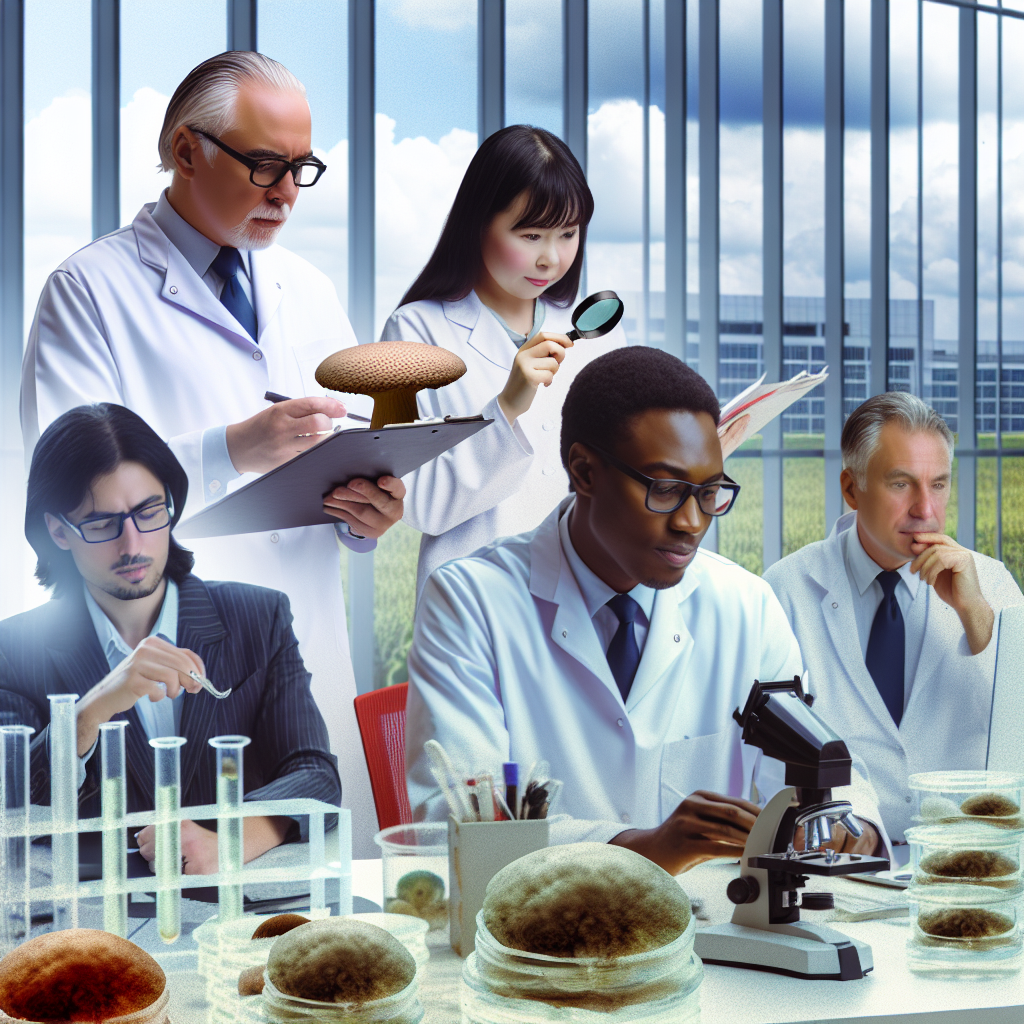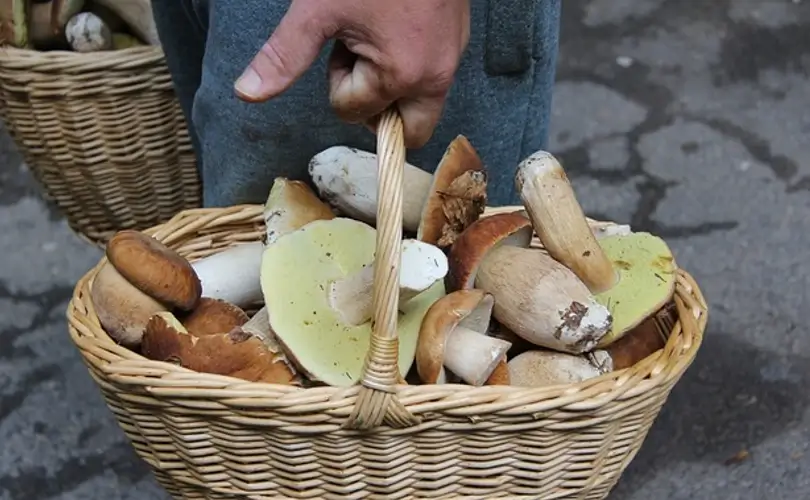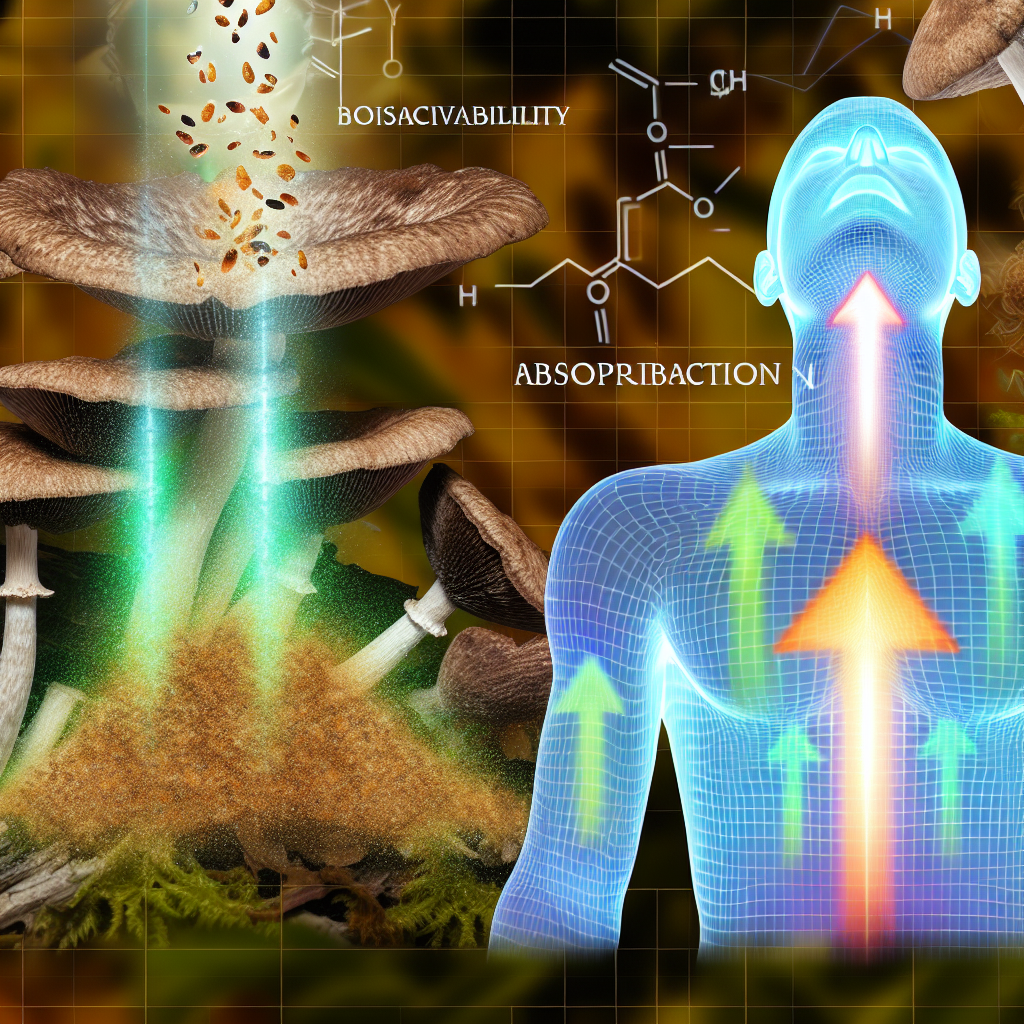Pharmaceutical Partnerships with Mushroom Research: How Natural Therapies are Transforming the Industry
Introduction: The Rise of Medicinal Mushrooms in Modern Medicine
The healthcare and pharmaceutical industries are undergoing a remarkable transformation, driven by a renewed interest in natural therapies—and at the core of this renaissance are medicinal mushrooms.
Once relegated to the fringes of alternative medicine, functional mushrooms like psilocybin-containing species, Lion’s Mane (Hericium erinaceus), Reishi (Ganoderma lucidum), and Turkey Tail (Trametes versicolor) are now capturing the attention of major pharmaceutical companies worldwide.
The catalyst for this industry shift is a growing body of clinical evidence demonstrating the profound therapeutic potential of mushrooms. Psilocybin, the psychoactive compound found in certain mushrooms, has shown extraordinary promise for treating conditions like depression, PTSD, anxiety, and even substance abuse disorders. Beyond psilocybin, non-psychoactive mushrooms exhibit immune-modulating, anti-inflammatory, and neuroprotective properties that are increasingly supported by scientific studies.
Breakthrough Studies: The Clinical Evidence Powering the Mushroom Boom
Much of the pharmaceutical interest in mushrooms is anchored by compelling clinical research. A pivotal study published in JAMA Psychiatry (2020) showed that psilocybin-assisted therapy significantly reduced depressive symptoms, with 71% of participants experiencing a more than 50% reduction in depression scores after four weeks. Even more remarkably, 54% of participants achieved complete remission ([source](https://jamanetwork.com/journals/jamapsychiatry/fullarticle/2772630)).
Another landmark trial, led by Compass Pathways and published in the New England Journal of Medicine (2021), demonstrated that a single dose of psilocybin, paired with psychological support, was effective in significantly reducing depressive symptoms in patients with treatment-resistant depression ([source](https://www.nejm.org/doi/full/10.1056/NEJMoa2105153)).
Beyond psilocybin, research into non-psychoactive mushroom species is gaining momentum. Lion’s Mane has garnered significant attention for its neuroregenerative properties. A 2020 randomized controlled trial published in the International Journal of Molecular Sciences found that supplementation with Lion’s Mane improved cognitive function in individuals with mild cognitive impairment, indicating a promising role in managing early-stage Alzheimer’s disease ([source](https://www.mdpi.com/1422-0067/21/6/2155)).
Similarly, immune modulation by Turkey Tail mushrooms has been studied extensively. Research funded by the National Institutes of Health demonstrated that Turkey Tail extract improved immune function in women with breast cancer who were undergoing radiation therapy ([source](https://pubmed.ncbi.nlm.nih.gov/24214898/)).
Pharma’s New Frontier: Strategic Partnerships and Synthetic Innovations
Recognizing the market potential and scientific promise, pharmaceutical companies are also investing in synthetic biology to optimize mushroom-derived compounds. Biotech startups like Mydecine Innovations Group and Revive Therapeutics are developing proprietary synthetic psilocybin formulations, securing patents that can lead to scalable, FDA-approved medications.
Additionally, the U.S. Pharmacopeia (USP) is exploring monograph development for psilocybin and other mushroom-derived compounds, signaling a landmark shift toward formal recognition of mushrooms in pharmacological standards.
Collaborations are now prolific: Atai Life Sciences, Johnson & Johnson’s Janssen Pharmaceuticals have partnered with numerous clinical institutions to fast-track psilocybin and other psychedelic therapies.
This symbiosis between pharmaceutical giants, research institutions, and biotech startups is creating a robust ecosystem geared toward the standardization, validation, and delivery of mushroom-based medicines.
Conclusion: Natural Therapies Are the Future of Modern Pharma
The integration of mushroom research into the pharmaceutical sector reflects a broader reconceptualization of medicine, where natural compounds are harmonized with modern science.
With solid clinical data, growing public interest, and strong financial incentives, pharmaceutical partnerships with mushroom research are not only transforming the industry—they are paving the way for a future where healing is inherently more holistic, sustainable, and accessible.
Concise Summary:
The pharmaceutical industry is rapidly embracing natural therapies, particularly medicinal mushrooms like psilocybin, Lion’s Mane, and Turkey Tail. Compelling clinical evidence on the therapeutic potential of these mushrooms has sparked a wave of strategic partnerships between pharmaceutical giants and mushroom research companies, driving innovation and paving the way for a more holistic, sustainable future in modern medicine.

Dominic E. is a passionate filmmaker navigating the exciting intersection of art and science. By day, he delves into the complexities of the human body as a full-time medical writer, meticulously translating intricate medical concepts into accessible and engaging narratives. By night, he explores the boundless realm of cinematic storytelling, crafting narratives that evoke emotion and challenge perspectives. Film Student and Full-time Medical Writer for ContentVendor.com




